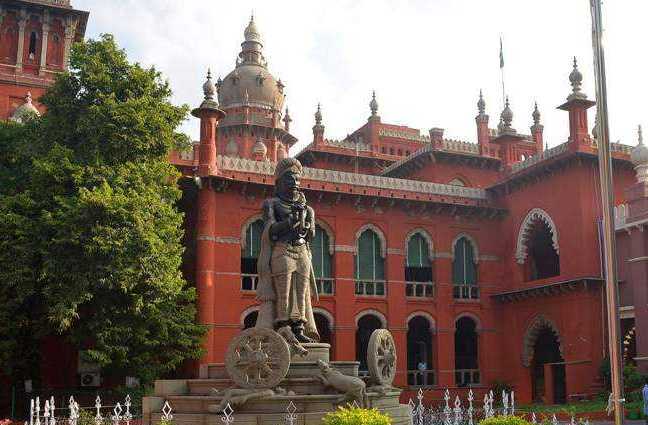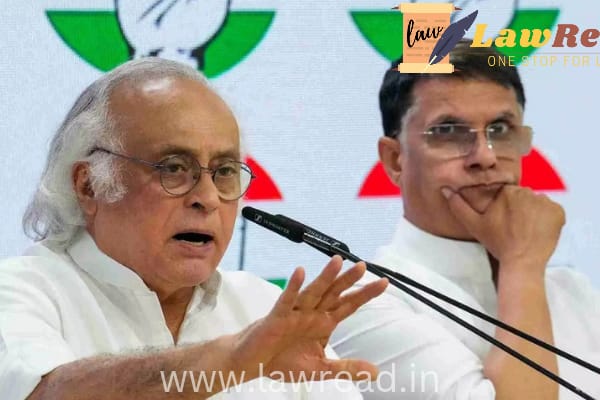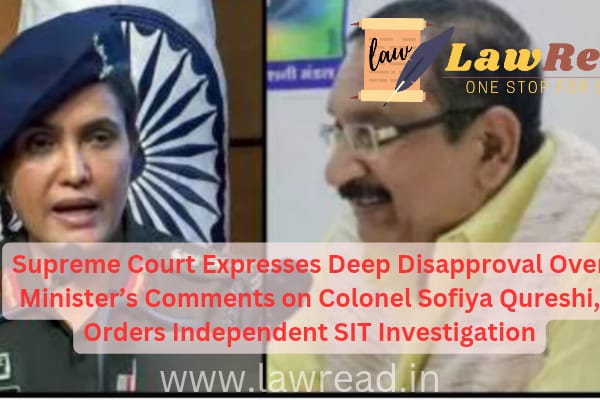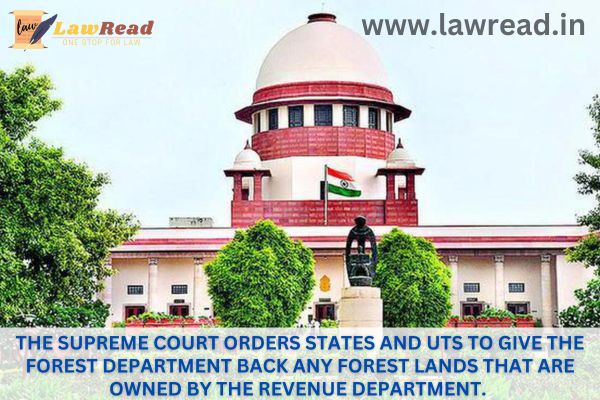News
Why the Supreme Court issued a contempt action warning to the Transport Ministry
The Central government was strongly criticized by the Court for not offering accident victims cashless treatment during the "golden hour," which is the first crucial hour when medical assistance is most helpful.
.jpg)
The Ministry of Road Transport and Highways (MoRTH) Secretary was reprimanded by the Supreme Court on Monday for the excessive delay in drafting a statutory plan to provide cashless medical care to victims of motor vehicle accidents during the "golden hour," which is the first crucial hour when medical assistance is most helpful.
When the Secretary appeared via video conference and explained the three-year delay by pointing to consultations and bottlenecks with the General Insurance Council (GIC), a bench of Justices Abhay S. Oka and Ujjal Bhuyan strongly objected.
He apologized, but the Bench was unimpressed and threatened to take contempt of court action if the issue was not settled right away.
First of all, keep in mind that you are in contempt. First, we'll give you a contempt notice. What's happening? When you are unable to follow an order, are you not obligated to appear in court? The Court said, "You just told us when you will frame the scheme."
When the Secretary disclosed that a draft scheme had been created in December 2024 but that stakeholder engagements, particularly with the GIC, had caused the process to be delayed, the Court was not pleased.
"Your own statutes don't appeal to you. Even after three years of the section, you are still having trouble coming up with a plan. The Court asked, "Are you acting in the interest of the average person?"
The Bench was not persuaded by the Secretary's submission that the draft might be filed by tomorrow, pointing out the concerning lack of seriousness of the approach.
"Are you really that casual? You claim to have encountered obstacles, etc., three years later. Nothing has been done by you. Why did you pass this clause? The Court inquired.
The Court noted that victims were still dying on highways without obtaining golden hour treatment when the Secretary tried to clarify that a pilot had been started in some States last year.
On highways, people are losing their lives. There are no facilities there. No golden hour. The Court questioned why highway construction was necessary.
The Bench made it clear that blaming GIC would not explain the delay.
"You don't give a damn about what the court says. You would have requested a time extension if you were sincere. What's the rationale? We'll give a notice of contempt. The Court stated, "We don't know where you're stuck."
In addition to ordering the Center to submit the draft plan right away, the Bench stated that it will use its authority under Article 142 of the Constitution to enforce it if needed.
The lawsuit started with a writ petition that Dr. S. Rajaseekaran filed, noting the deaths from traffic accidents and requesting that statutory measures be implemented effectively to preserve lives during the golden hour.
The Supreme Court ordered the Central government to develop a plan under Section 162(2) of the MV Act by March 14, 2025, on January 8, 2025. The court noted that, if executed, the plan might prevent the deaths of numerous injured people who pass away from their wounds as a result of delayed care.
In order to protect the right to life protected by Article 21 of the Constitution, Section 162 requires the establishment of a cashless treatment program during the golden hour.
No final scheme was announced, even though a draft concept note was developed.
Noting that this was a "very serious breach and violation" of statutory and constitutional requirements, the Court had voiced its grave disapproval on April 9.
The Court also brought up the GIC, whose attorney had filed an application objecting to integration with the Transport Network System (TNS), when the case was brought up for hearing today.
You have no business submitting this application. The central government will carry out any plans it has created. Is this application being withdrawn, or should we charge for it? The Court issued a warning.
The Bench noted that GIC was putting "roadblocks" in the way of the scheme's execution.
"You will continue to raise objections, and people will continue to perish as a result of inadequate golden hour care." It is necessary to frame the plan. Time will tell us how it turns out. Changes will have to be made constantly. That does not imply that the plan will not be carried out.
In the end, the GIC counsel asked the court for permission to withdraw its application, and the court granted it.
The Secretary promised the Court that the plan would be implemented right away since the objections had been dropped. According to him, the plan would be implemented in a week.
In its ruling, the Court noted that the Central government had not developed a cashless treatment plan for more than three years, even though Section 162(2) of the Motor Vehicles Act went into force on April 1, 2022. It stipulated that by May 9, the registered scheme must be documented.
The next hearing on the case is scheduled for May 13.
The Court also issued a warning, saying it would not think twice about using the Contempt of Courts Act if compliance was still elusive.












